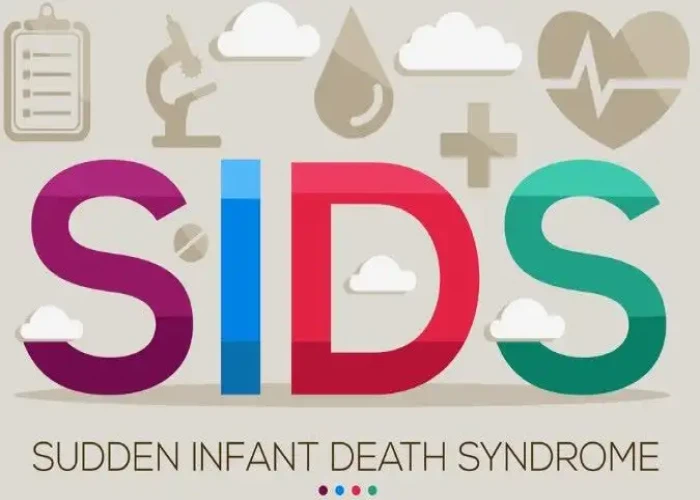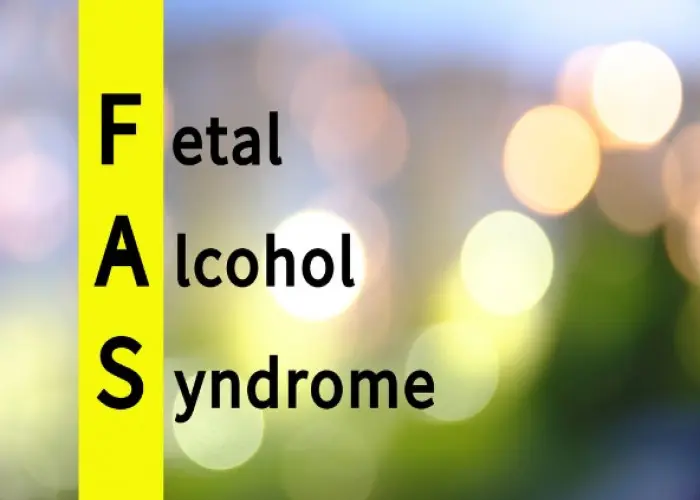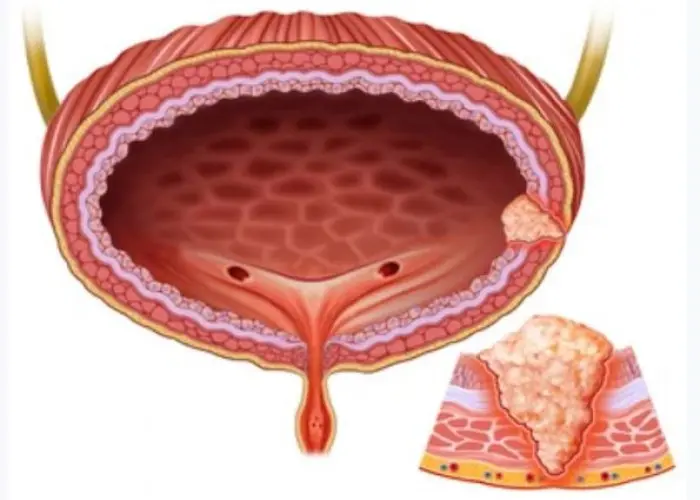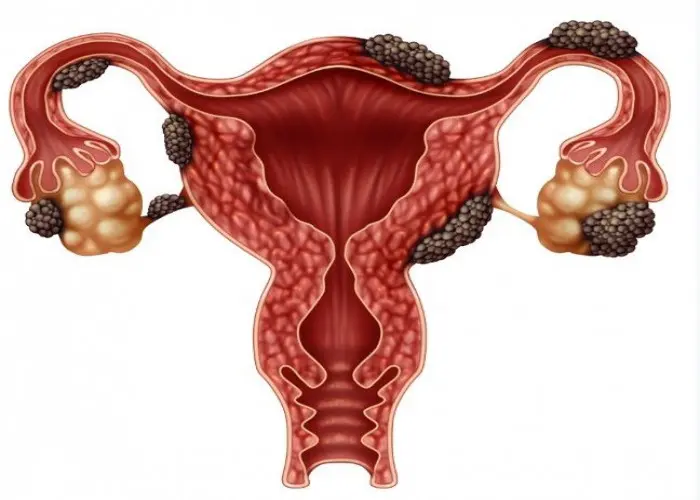 Welcome
Welcome
“May all be happy, may all be healed, may all be at peace and may no one ever suffer."
Sudden infant death syndrome (SIDS)

Sudden Infant Death Syndrome (SIDS) is the sudden, unexpected death of an infant who is less than one year old, and usually occurs during sleep. The exact cause of SIDS is unknown, but it is thought to be related to problems in the baby's ability to wake up and breathe properly.
Although SIDS can occur in any infant, certain factors may increase the risk, including:
- Sleeping on the stomach or side
- Soft bedding in the sleep environment
- Overheating
- Maternal smoking during pregnancy or exposure to secondhand smoke
- Premature birth or low birth weight
- Being born to a mother who is younger than 20 years old
- Poor prenatal care
Most cases of SIDS occur in infants between 2 and 4 months of age. SIDS usually occurs during sleep and the infant is often found unresponsive.
There is no known way to prevent SIDS, but there are several things that can be done to reduce the risk, including:
- Always placing babies on their backs to sleep
- Using a firm, flat sleep surface and avoiding soft bedding
- Keeping the baby's sleep area close to the parent's bed, but separate
- Avoiding exposure to smoke before and after birth
- Providing a pacifier for naps and bedtime
- Breastfeeding, if possible
If you have concerns about SIDS, talk to your pediatrician or healthcare provider for more information and guidance.
Research Papers
Disease Signs and Symptoms
- Death
Disease Causes
Sudden infant death syndrome (SIDS)
A combination of physical and sleep environmental factors can make an infant more vulnerable to SIDS. These factors vary from child to child.
Physical factors
Physical factors associated with SIDS include:
- Brain defects. Some infants are born with problems that make them more likely to die of SIDS. In many of these babies, the portion of the brain that controls breathing and arousal from sleep hasn't matured enough to work properly.
- Low birth weight. Premature birth or being part of a multiple birth increases the likelihood that a baby's brain hasn't matured completely, so he or she has less control over such automatic processes as breathing and heart rate.
- Respiratory infection. Many infants who died of SIDS had recently had a cold, which might contribute to breathing problems.
Sleep environmental factors
The items in a baby's crib and his or her sleeping position can combine with a baby's physical problems to increase the risk of SIDS. Examples include:
- Sleeping on the stomach or side. Babies placed in these positions to sleep might have more difficulty breathing than those placed on their backs.
- Sleeping on a soft surface. Lying face down on a fluffy comforter, a soft mattress or a waterbed can block an infant's airway.
- Sharing a bed. While the risk of SIDS is lowered if an infant sleeps in the same room as his or her parents, the risk increases if the baby sleeps in the same bed with parents, siblings or pets.
- Overheating. Being too warm while sleeping can increase a baby's risk of SIDS.
Disease Prevents
Sudden infant death syndrome (SIDS)
There's no guaranteed way to prevent SIDS, but you can help your baby sleep more safely by following these tips:
- Back to sleep. Place your baby to sleep on his or her back, rather than on the stomach or side, every time you — or anyone else — put the baby to sleep for the first year of life. This isn't necessary when your baby's awake or able to roll over both ways without help.
- Don't assume that others will place your baby to sleep in the correct position — insist on it. Advise sitters and child care providers not to use the stomach position to calm an upset baby.
- Keep the crib as bare as possible. Use a firm mattress and avoid placing your baby on thick, fluffy padding, such as lambskin or a thick quilt. Don't leave pillows, fluffy toys or stuffed animals in the crib. These can interfere with breathing if your baby's face presses against them.
- Don't overheat your baby. To keep your baby warm, try a sleep sack or other sleep clothing that doesn't require additional covers. Don't cover your baby's head.
- Have your baby sleep in in your room. Ideally, your baby should sleep in your room with you, but alone in a crib, bassinet or other structure designed for infant sleep, for at least six months, and, if possible, up to a year.
- Adult beds aren't safe for infants. A baby can become trapped and suffocate between the headboard slats, the space between the mattress and the bed frame, or the space between the mattress and the wall. A baby can also suffocate if a sleeping parent accidentally rolls over and covers the baby's nose and mouth.
- Breast-feed your baby, if possible. Breast-feeding for at least six months lowers the risk of SIDS.
- Don't use baby monitors and other commercial devices that claim to reduce the risk of SIDS. The American Academy of Pediatrics discourages the use of monitors and other devices because of ineffectiveness and safety issues.
- Offer a pacifier. Sucking on a pacifier without a strap or string at naptime and bedtime might reduce the risk of SIDS. One caveat — if you're breast-feeding, wait to offer a pacifier until your baby is 3 to 4 weeks old and you've settled into a nursing routine.
- If your baby's not interested in the pacifier, don't force it. Try again another day. If the pacifier falls out of your baby's mouth while he or she is sleeping, don't pop it back in.
- Immunize your baby. There's no evidence that routine immunizations increase SIDS risk. Some evidence indicates immunizations can help prevent SIDS.
Disease Treatments
There's no treatment for sudden infant death syndrome, or SIDS. But there are ways to help your baby sleep safely. For the first year, always place your baby on his or her back to sleep. Use a firm mattress and avoid fluffy pads and blankets. Remove all toys and stuffed animals from the crib, and try using a pacifier. Don't cover a baby's head, and make sure your baby doesn't get too hot. Your baby can sleep in your room, but not in your bed. Breast feeding for at least six months lowers the risk of SIDS. Vaccine shots to protect your baby from diseases may also help prevent SIDS.
Coping and support
After losing a baby to SIDS, getting emotional support is critical. You might feel guilt as well as grief, and you'll be dealing with the mandatory police investigation into cause of death. You might find it comforting to talk to other parents whose lives have been touched by SIDS.
Ask your doctor to recommend a support group in your area or visit an online SIDS chat room. Talking to a trusted friend, counselor or clergy member can also help.
Communicate your feelings
If you can, let friends and family know how you're feeling. People want to help, but they might not know how to approach you.
Losing a child can put a terrible strain on a relationship, so be as open as possible with your spouse or partner. Counseling might help some couples understand and express their feelings.
Allow time for healing
Finally, give yourself time to grieve. Don't worry if you find yourself crying unexpectedly, if holidays and other celebratory times are especially difficult, or if you're tired and drained much of the time.
You're dealing with a devastating loss. Healing takes time.
Disease Diagnoses
Disease Allopathic Generics
Disease Ayurvedic Generics
Disease Homeopathic Generics
Disease yoga
Sudden infant death syndrome (SIDS) and Learn More about Diseases

Adnexal tumors

Fetal alcohol syndrome

Scoliosis

Amnesia

Bladder cancer

Dupuytren's contracture

Endometriosis

Hiatal hernia
Sudden infant death syndrome, sids, হঠাৎ শিশু মৃত্যুর সিন্ড্রোম, এসআইডিএস
To be happy, beautiful, healthy, wealthy, hale and long-lived stay with DM3S.
